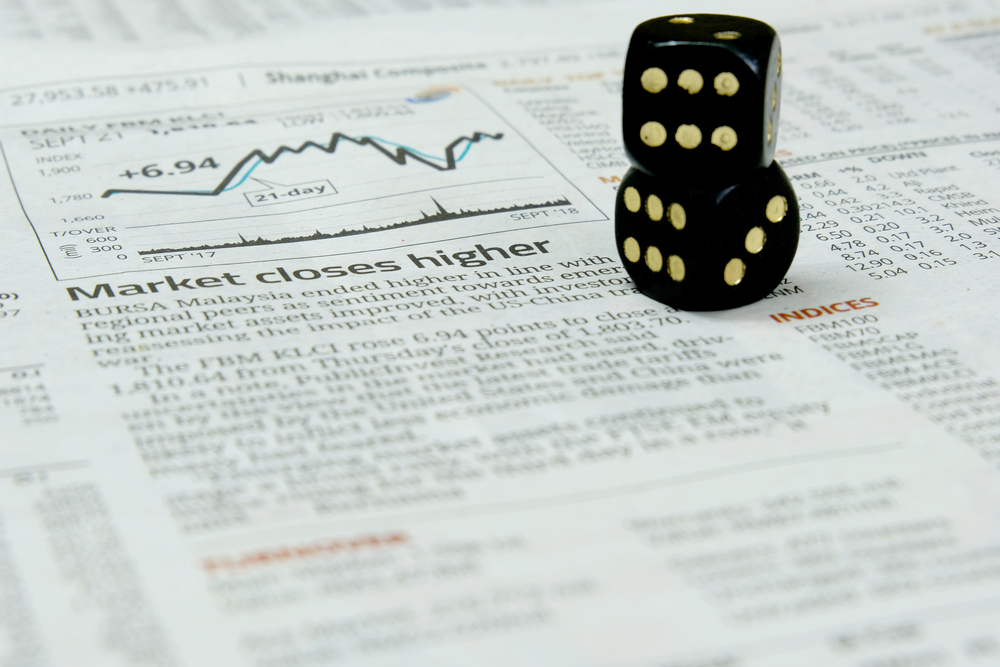
After analysing economic data releases and central bank decisions, one final aspect of fundamental analysis must be considered: event risk. Unlike predictable market drivers, event risk refers to unpredictable news or developments that can move markets unexpectedly.
News Headlines
Headlines are a major catalyst for market volatility, and they come in all shapes and sizes, originating from various sources—some credible, others not so much. Interestingly, it’s often the most sensational or least credible headlines that capture the market’s attention.
As a trader, it’s vital to keep an eye on the News Terminal, which streams real-time headlines that can quickly shift the direction of Forex markets. These could include comments from central bankers, politicians, or even unexpected economic news.
In some cases, a sudden and bizarre headline—such as a new breakthrough invention—can spark market movements. When such headlines flash across traders’ screens, the natural instinct is to hit the buy or sell button first and ask questions later.
Natural Disasters
Natural disasters are one of the most unpredictable events that traders must contend with. While no one wants to see headlines about devastating events, they can often lead to immediate market reactions. A prime example of this was the Japanese earthquake and tsunami that sent USD/JPY soaring as traders quickly exited their exposure to the Japanese Yen and sought the relative safety of the US Dollar.
These events are typically covered almost instantly, with news spreading rapidly across social media and news channels. Traders must be prepared for the market-moving effects of natural disasters, as ignoring these headlines can lead to missed opportunities or significant losses.
Terrorist Attacks
Similarly, terrorist attacks and political instability can significantly impact Forex markets. Take, for example, the tragic attacks in Paris, which led to a quick outflow of capital from the Euro, as traders feared the impact on consumer confidence and spending in the Eurozone. This was compounded by a broader risk-off sentiment, with capital flowing into the US Dollar as a safe haven.
It’s important to recognise that, in today’s world, these events—sadly—have become more frequent and often have less of an immediate market impact than in the past. A successful hydrogen bomb test by North Korea, for example, might barely move the markets, highlighting how desensitised traders have become to such headlines.
This brings us to a difficult but necessary question: Can we profit from events that often involve significant loss of life or property? While the ethics of profiting from such events are a matter of personal perspective, we can say that these types of headlines are an inevitable part of modern-day trading. As a trader, your first responsibility is to manage risk, ensuring that your strategy accounts for these unpredictable shocks.
Headlines—whether related to natural disasters, political unrest, or other unforeseen events—can have a profound impact on markets. Understanding event risk and staying alert to breaking news is key to navigating such volatile moments.
Always be prepared, stay informed, and manage your risk to avoid getting caught out by sudden market shifts.



